The biggest names pranked by Russian duo Lexus and Vovan, from Prince Harry to Elton John
Pro-Kremlin vloggers Vladimir Kuznetsov and Alexei Stolyarov, known for their hoax calls to global leaders and stars, have sparked government concern over national security and intelligence in several countries
Your support helps us to tell the story
From reproductive rights to climate change to Big Tech, The Independent is on the ground when the story is developing. Whether it's investigating the financials of Elon Musk's pro-Trump PAC or producing our latest documentary, 'The A Word', which shines a light on the American women fighting for reproductive rights, we know how important it is to parse out the facts from the messaging.
At such a critical moment in US history, we need reporters on the ground. Your donation allows us to keep sending journalists to speak to both sides of the story.
The Independent is trusted by Americans across the entire political spectrum. And unlike many other quality news outlets, we choose not to lock Americans out of our reporting and analysis with paywalls. We believe quality journalism should be available to everyone, paid for by those who can afford it.
Your support makes all the difference.Russian pranksters Vladimir Kuznetsov and Alexei Stolyarov have added Irish prime minister Leo Varadkar to their list of high-profile victims, after the pair tricked the Taoiseach by pretending to be officials from the African Union.
Known by their aliases, Vovan and Lexus, the duo have been fooling world leaders and celebrities for many years with a modus operandi that involves them masquerading as other leaders or senior officials.
Their hoaxes have triggered top-level investigations by governments, raising concerns about breaches of intelligence and potential links to Russia’s security services.
It all began with Mr Kuznetsov, a lawyer and Stolyarov, an economist, making calls within Russia and pranking Russian celebrities before getting involved in domestic politics and then finally moving onto the international stage, according to a profile in the Moscow Times.
They first gained international notoriety when they placed a call to Elton John, pretending to be Russian president Vladimir Putin, in 2015. The British singer, a sharp critic of Russia’s anti-LGBT+ laws had said he wanted to meet Mr Putin to speak about gay rights.
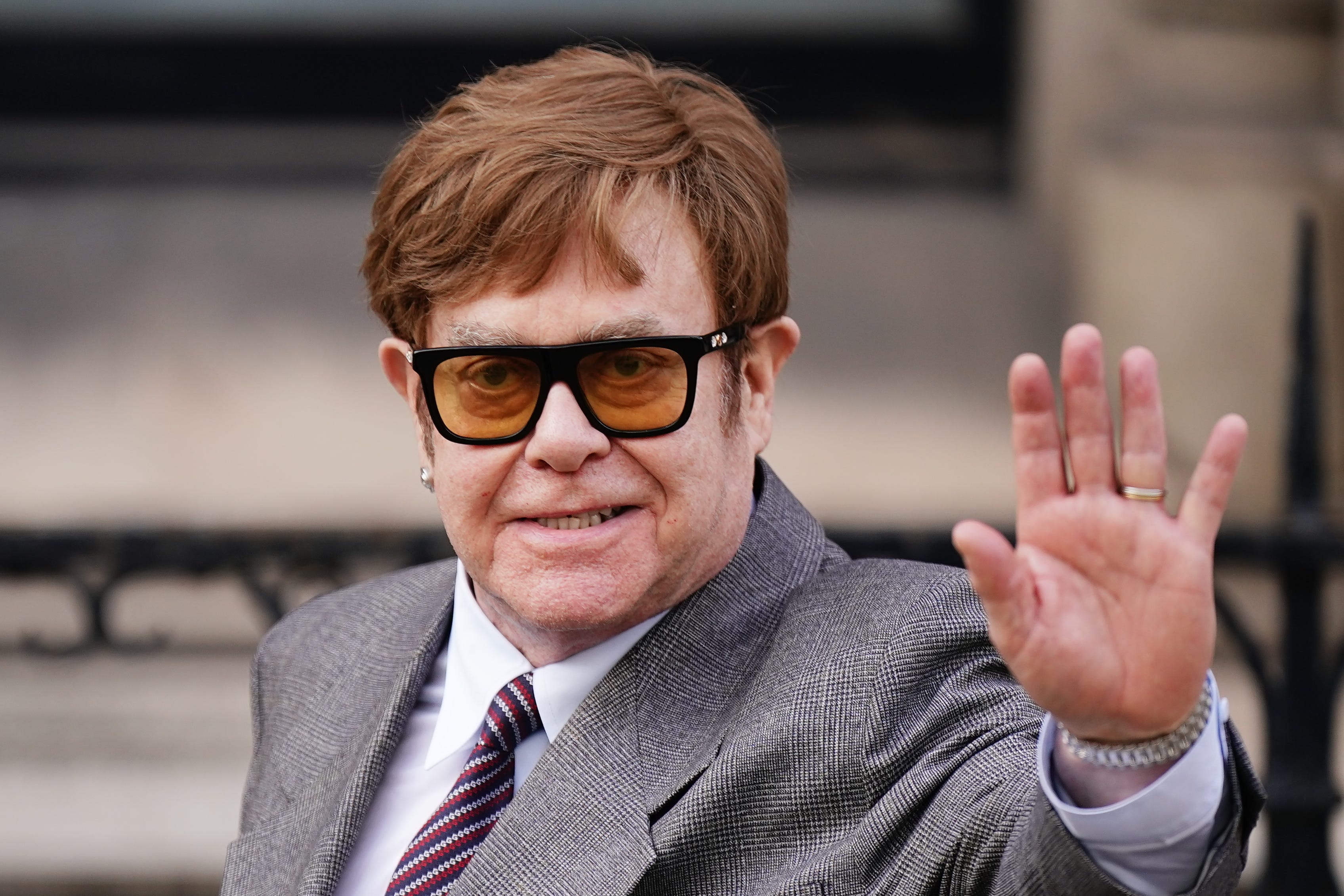
He said at the time that he was delighted to receive the call. “I’m extremely honoured that he’s calling me and that I’m speaking to him. It’s a great privilege to be able to speak to one of the most influential people in the whole world,” said John, believing he was speaking with Mr Putin via translation through Kremlin spokesperson Dmitry Peskov.
Mr Stolyarov played Mr Putin and Mr Kuznetsov was Mr Peskov.
“They didn’t do any checks on us at all, it was really easy to get through,” said Mr Kuznetsov about the prank.
Following the call, John posted about it publicly on Instagram – before the Kremlin promptly disavowed any involvement, and it quickly emerged that the pranksters were behind the incident.
In February 2016, the duo claimed that they had fooled Turkish president Recep Tayyip Erdoğan, pretending to be then-Ukrainian president Petro Poroshenko and Ukraine’s prime minister Arseniy Yatsenyuk.
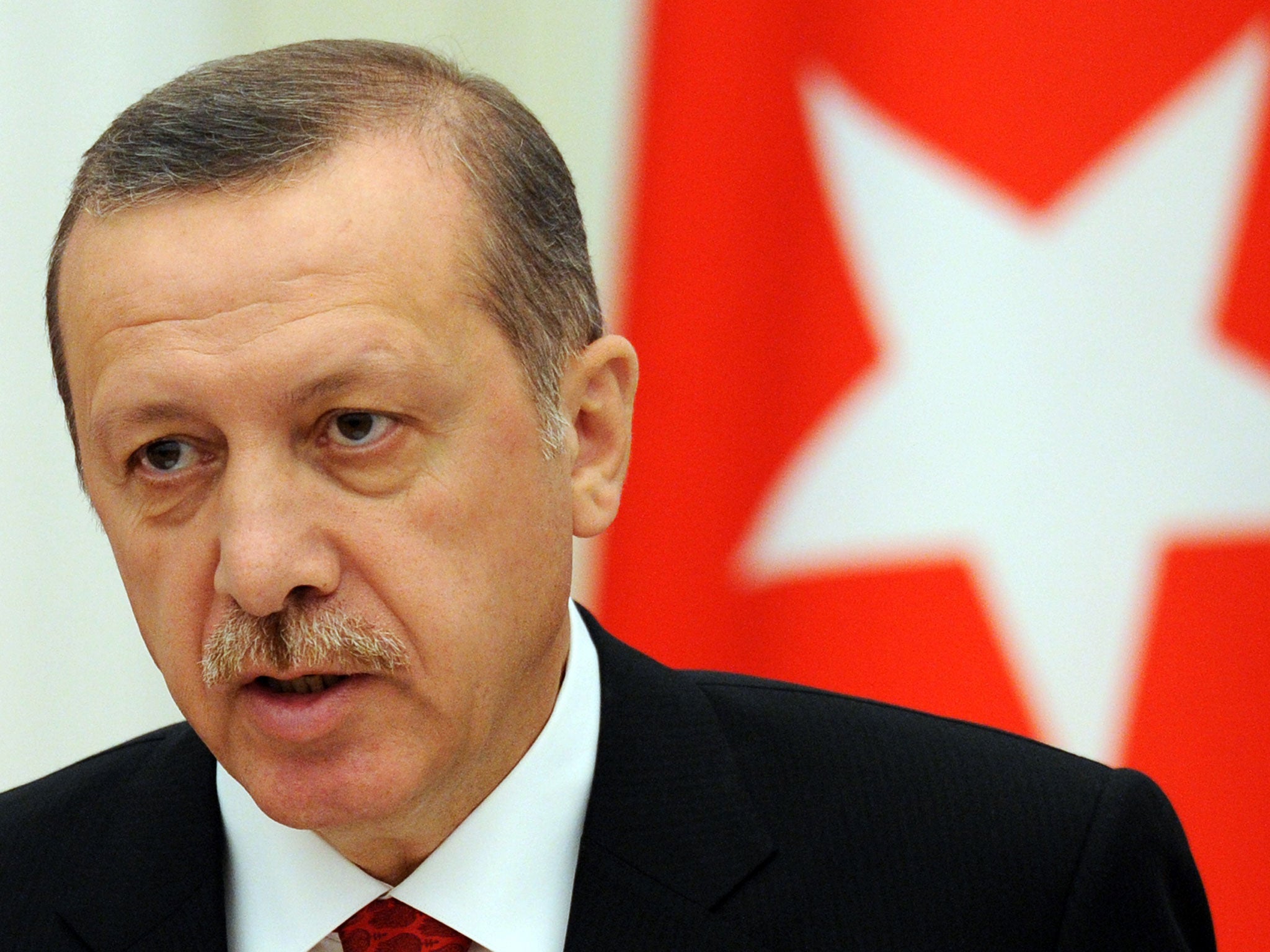
During the call, a voice resembling that of the Turkish leader conveyed a refusal to apologise to Russia for the November incident in which the Turkish fighter jets had downed a Russian plane that was purportedly in violation of Turkish airspace.
A spokesperson from the Turkish president’s administration refuted the authenticity of the call to the Russian agency RIA Novosti. However, the duo remain resolute in their claim that they successfully connected with the Turkish leader, emphasising their track record of reaching presidents.
The pranksters have repeatedly claimed that they have no political agenda but their work, including their calls to pro-Ukrainian figures, appears to show a strong alignment to the Kremlin’s views and may even have obtained information that could be useful to it.
Boris Johnson became the victim of a hoax call when he was working as foreign secretary in 2018 and discussed UK-Russia relations, the Salisbury poisoning, and Syria. The British government said the Russian state was behind the hoax, which it says was designed to sow false information and embarrass Britain.
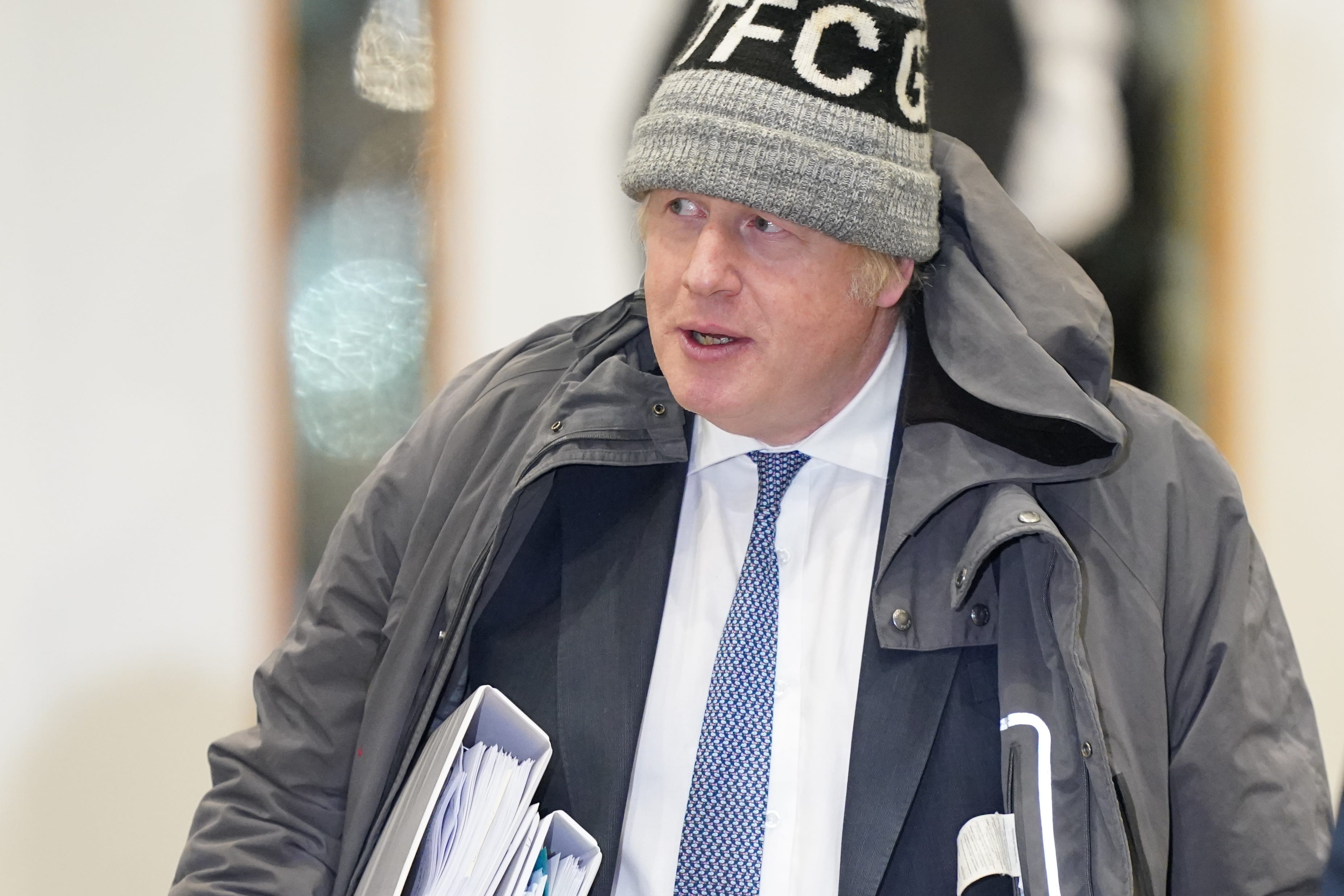
The 18-minute recording of the call was shared on YouTube by pro-Kremlin British journalist Graham Phillip and later the duo described Mr Johnson as “very diplomatic” in private, unlike his very “flamboyant” public persona.
In one of their most audacious attempts, the pair contacted Prince Harry around 2020.
The Duke of Sussex responded to their email by sharing his personal email and phone number, exposing security gaps in Buckingham Palace’s protection for Harry and Meghan at a time when they had not yet given up their royal titles.
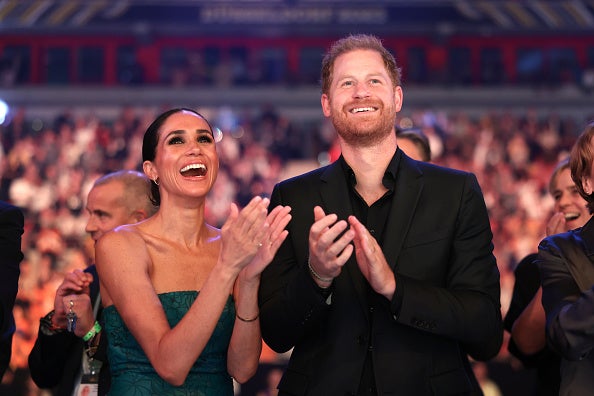
Prince Harry was duped in two calls into believing he was speaking to Swedish climate change activist Greta Thunberg and her father. During the calls he discussed the Sussexes’ choice to withdraw from royal duties, condemned US president Donald Trump for having "blood on his hands" with his environmental stance, and delved into his ongoing conflict with a tabloid media that he perceived as attempting to undermine both him and Meghan.
In February 2020, Mr Kuznetsov and Mr Stolyarov pranked Bernie Sanders, at a time when he was vying for the Oval Office. Mr Kuznetsov again pretended to be Ms Thunberg and Mr Stolyarov her father.
The duo told Mr Sanders that they would lend support to his campaign and suggested they do an event together when she next comes to the US. “I would be really appreciative,” he responded.
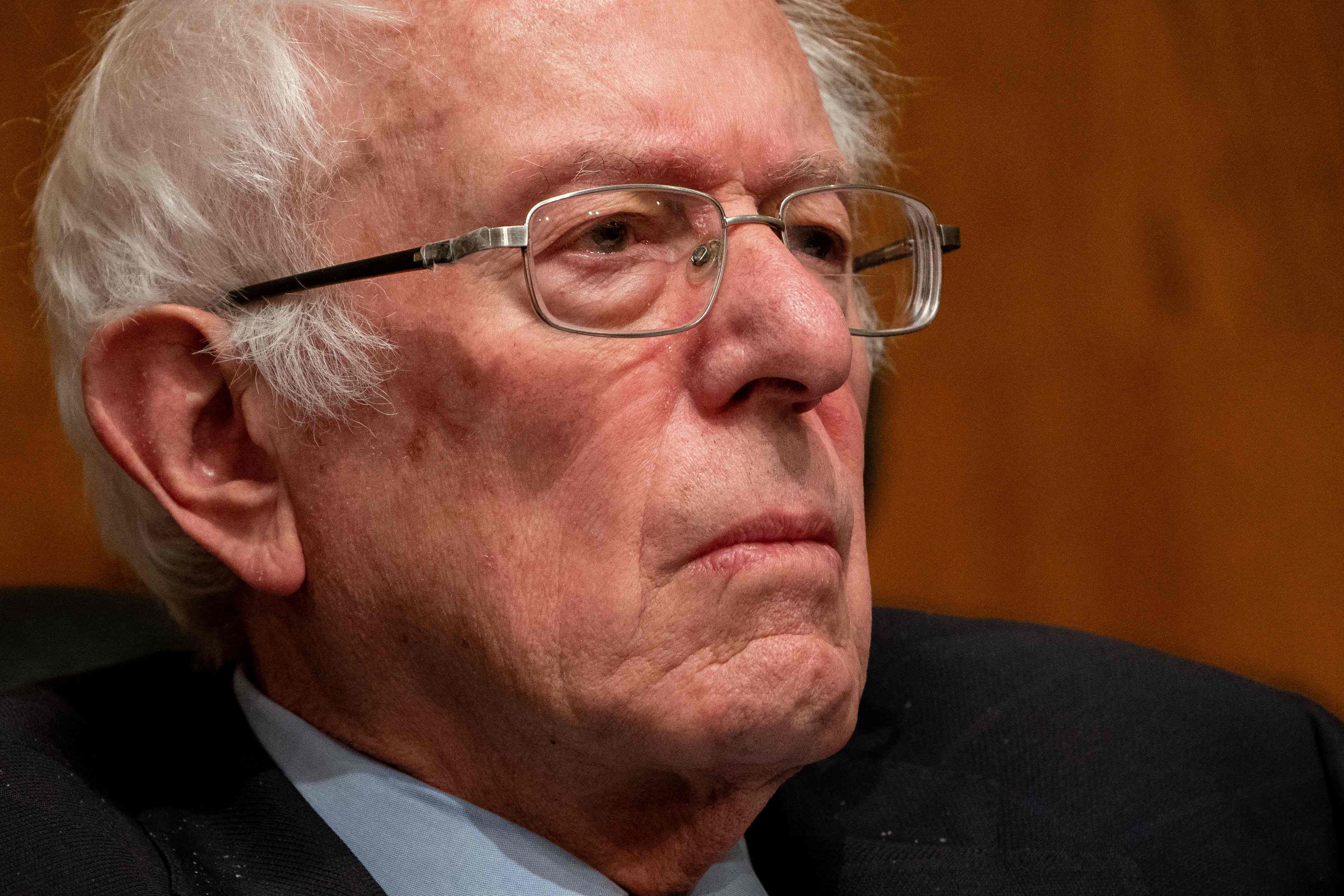
"Greta" subsequently suggested recording a rap song in collaboration with "singer Billie Eilish and rapper Kanye West" to endorse Mr Sanders.
The Democratic presidential candidate said that would be “terrific” and tried to end the conversation, but the duo said “Greta” was about to visit Russia and needed advice on how to behave there.
“I think what you don’t want to do is simply walk in there and get used,” he said.
“Russia and (President Vladimir) Putin has been very bad, as far as I know, on climate change. They have a lot of oil, oil is important for their economy, they make a lot of money on oil,” Mr Sanders explained.
In the same year, they pranked Canadian prime minister Justin Trudeau using the same false identities and discussed world politics and Canada “leaving Nato”. The 10-minute long chat was released on YouTube during which Mr Trudeau realised it was a prank call when they pressed him to introduce her to South Park characters Terrance and Phillip.
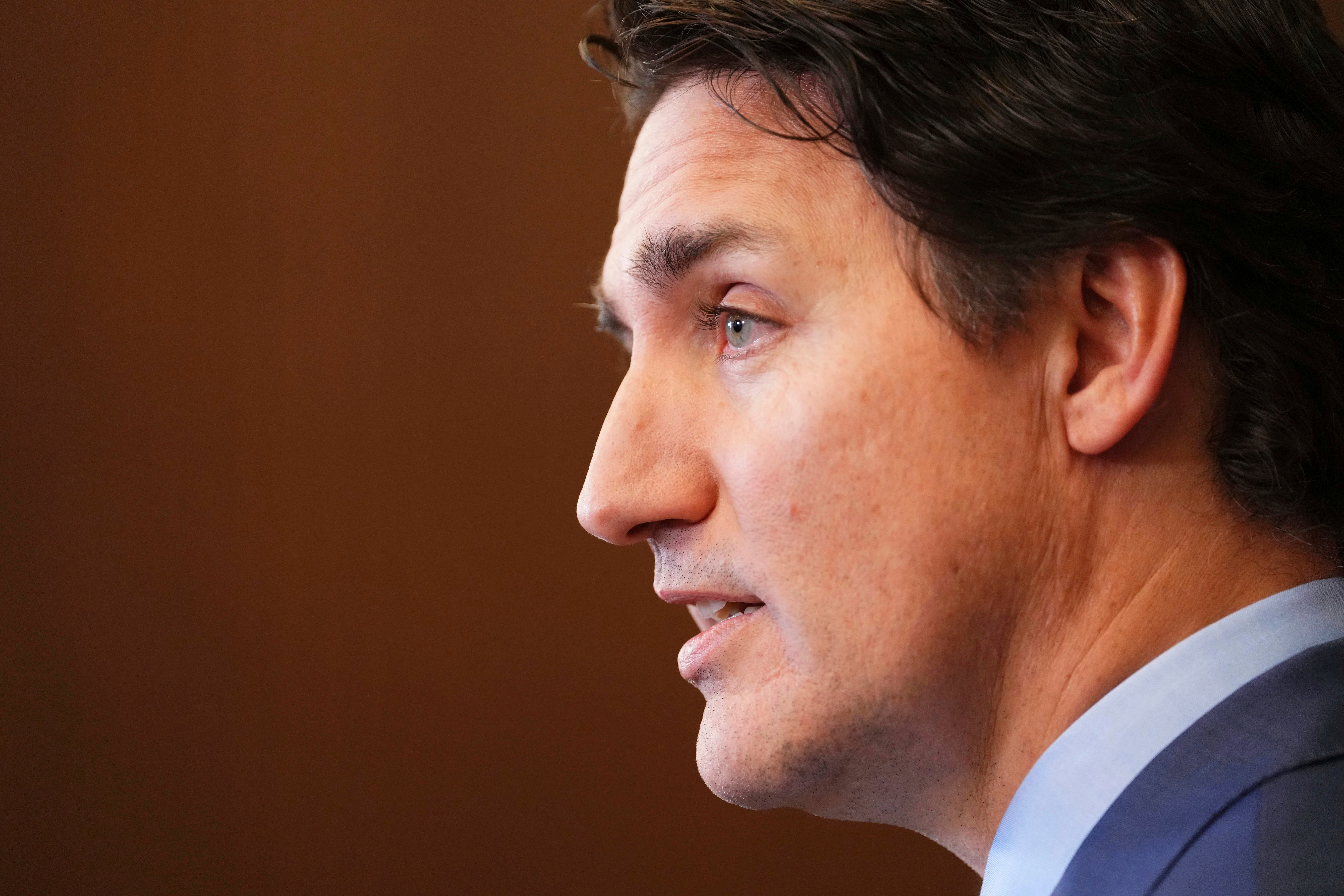
“Wait, Terrance and Phillip, were they not in South Park?” he asks. “I don’t personally know them. I believe they are South Park parodies of Canadians,” he said, before politely ending the call.
In the wake of Russia’s invasion of Ukraine, cybersecurity researchers have noted an escalation in the duo’s focus on high-profile officials and executives in North America and Europe who have openly criticised Moscow.
Since the war began in Russia, the pranksters have targeted a dozen senior European MPs as they transitioned to video calls and began using more sophisticated deepfake filters to imitate Russian opposition figures.
European parliamentarians from Latvia, Estonia, Lithuania and the UK said they had been tricked. Tom Tugendhat, the chair of the UK foreign affairs select committee and a target of the scammers, blamed the “weak” Kremlin for conducting fake meetings to discredit opposition figures.
“They got through to me today. They won’t broadcast the bits where I call Putin a murderer and thief, so I’ll put it here,” he said.
In September 2023, the two prank called Ms Meloni, who became Italy’s first female prime minister as the leader of a far-right party. She shared her thoughts on the Ukraine war and her frustration with the influx of migrants. She reportedly said that there is “a lot of fatigue... from all sides” about Russia’s war in Ukraine.
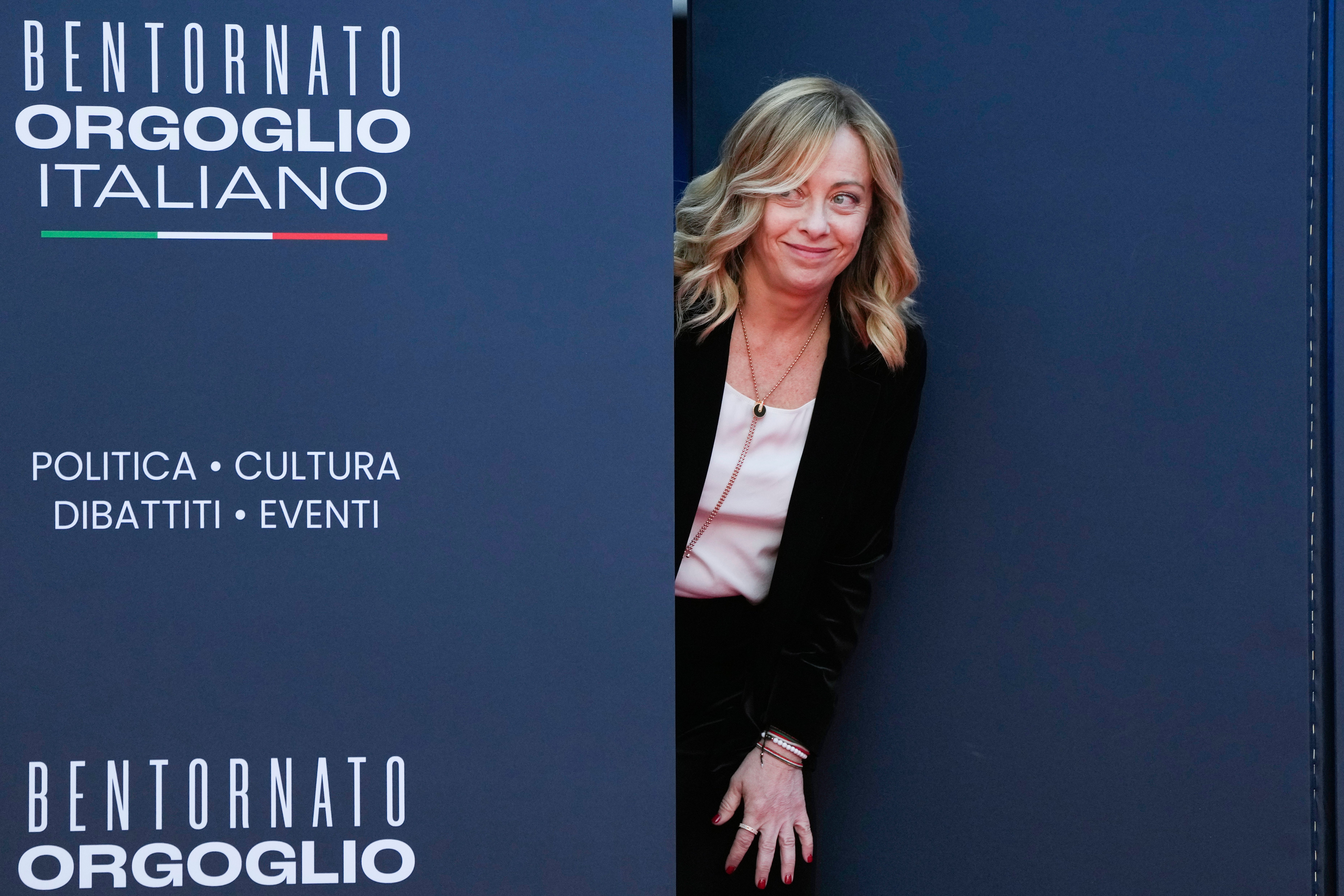
In a 13-minute recording released by the pranksters, Ms Meloni claimed that Kyiv’s counteroffensive “didn’t change the destiny of the conflict”.
She said: “Everybody understands that [the war in Ukraine] really could last many years if we don’t try to find some solutions.”
The Italian leader believed she was speaking to senior African Union officials in the call on 18 September, a day before the United Nations General Assembly in New York, but her office later admitted that she “had been deceived”.
Amid a rising number of prank calls to European leaders and diplomats, Michael McFaul, the former ambassador to Moscow, issued a phone number warning against hoax calls.
“WARNING. Someone using the phone number +1 (202) 7549885 is impersonating me,” he said in a tweet last September.
“If you connect on a video platform with this number, you will see an AI-generated ‘deepfake’ that looks and talks like me. It is not me. This is a new Russian weapon of war.”

Join our commenting forum
Join thought-provoking conversations, follow other Independent readers and see their replies
Comments